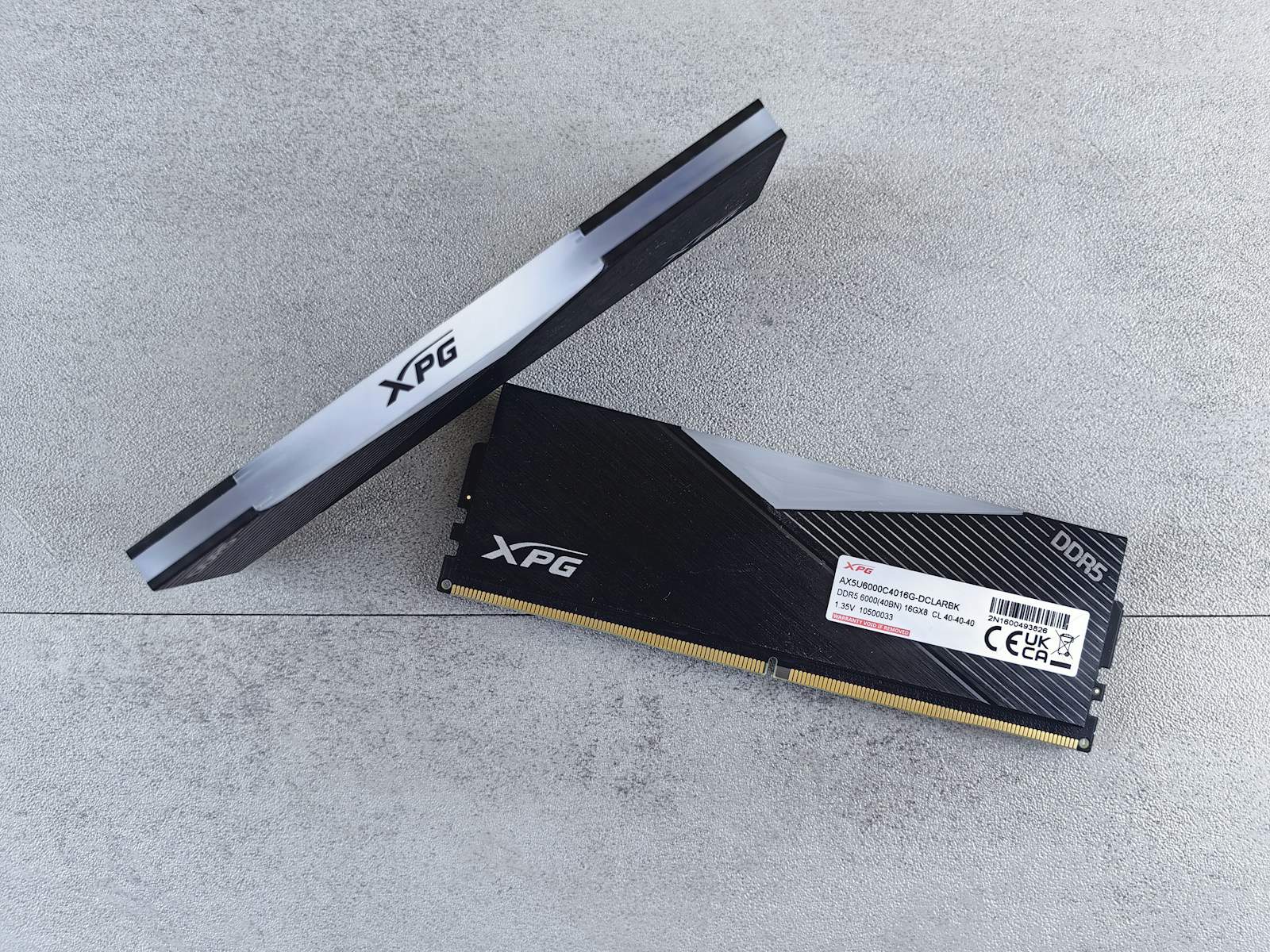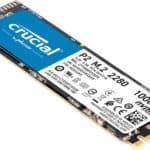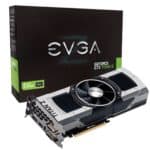When you’re setting up a gaming PC, it’s important to consider how much random access memory (RAM) you need. RAM is like a computer’s short-term memory, where games and applications are temporarily stored for quick access by the CPU. Having enough RAM is crucial for smooth game performance, but the amount you need depends on the games you play and the level of performance you want. For casual gaming, 8GB of RAM is usually enough to play most games without any major issues. If you’re playing more complex games or doing multiple tasks at once, you might want to consider upgrading to 16GB, which provides a comfortable buffer for most current games and user tasks. If you’re heavily into gaming, content creation, or want to future-proof your system, you might think about 32GB or more. Just make sure that your RAM choice matches the capabilities of the rest of your system to avoid spending money on performance you won’t benefit from. Ultimately, the right amount of RAM for you depends on finding a balance between cost and potential performance benefits.
RAM Recommendations for Gamers
Most games these days suggest you have 16GB of RAM. This will help games run well and stop any lag or stuttering. You can also run other apps at the same time without slowing down your game.
If you want the best gaming, 32GB is the way to go. With this much RAM, you can play games at the highest settings with very few issues. You can also run other apps in the background, like streaming, editing, or your web browser. While 32GB is the most costly choice, it will help your system stay up-to-date since new games need more memory to run.
If you are on a budget, 8GB may be enough to play some games, but you may have to lower the settings or close other apps to get good performance. This is not ideal for most gamers, but it is a workable option if you are just starting.
RAM Recommendations by Game Genre and Activity
| Game Genre/Activity | Minimum RAM | Recommended RAM | Ideal RAM |
|---|---|---|---|
| Casual Games | 8GB | 16GB | 16GB |
| Competitive Games (e.g., eSports) | 16GB | 16GB | 32GB |
| AAA Games with High Graphics | 16GB | 16GB | 32GB |
| Open-World Games | 16GB | 32GB | 32GB |
| Streaming and Gaming | 16GB | 32GB | 64GB |
| Video Editing and Gaming | 16GB | 32GB | 64GB |
It is also important to consider the speed of your RAM. Faster RAM can help improve game load times and overall system responsiveness. However, the difference in performance between different RAM speeds is often not noticeable for most gamers.
Ultimately, the amount of RAM you need for gaming depends on your budget, the types of games you play, and your other activities. If you are unsure, it is always better to err on the side of more RAM.
Key Takeaways
- RAM is vital for gaming performance as it temporarily stores game data for quick access.
- Casual gamers can often manage with 8GB, while 16GB is standard for a more seamless experience.
- Enthusiasts and multitaskers might opt for 32GB or more, balancing cost against performance gains.
Determining RAM Needs for Gaming
RAM is a critical component in gaming PCs that affects performance. The amount and type of RAM can influence frame rates and game loading times.
Understanding RAM and Its Impact on Gaming
RAM, or Random Access Memory, holds data for quick access by the CPU. In gaming, adequate RAM contributes to smooth frame rates and responsive gameplay. Games store temporary data like textures and game assets in RAM. If the RAM runs out, the system may use slower hard drive storage, causing lag.
RAM Specifications: What Gamers Should Look For
When choosing RAM, consider capacity, speed, and latency. More GB means more data at ready access; speed, measured in MHz, affects how fast it processes data. CAS latency is the delay time between the memory controller’s request and the RAM’s response. Lower latency and higher speeds yield better gaming performance.
- Capacity: 8GB, 16GB, 32GB
- Speed: Generally indicated as DDR4-3200 or DDR5-5200, representing the megahertz (MHz)
- CAS Latency: Lower numbers mean faster response times
Evaluating RAM Amounts: 8GB, 16GB, and 32GB
8GB of RAM suffices for basic games, but 16GB is standard for modern titles and multitasking. It strikes a balance between cost and performance. 32GB is often overkill for gaming, but is useful for streaming, heavy multitasking, or professional workloads.
RAM Compatibility and Motherboard Considerations
RAM must be compatible with the motherboard. DDR4 and DDR5 RAM types are not interchangeable. A motherboard that supports DDR4 will not work with DDR5 sticks, and vice versa. Be sure to check your motherboard’s supported RAM before purchase.
The Role of GPU and CPU in Conjunction with RAM
A capable CPU and GPU are necessary for optimal gaming performance. The GPU manages graphics and visual elements, while the CPU handles calculations and data processing. RAM ensures these components have the data they need to operate effectively.
Future-Proofing Your Gaming Setup with Adequate RAM
Choose RAM with room to grow. Game requirements can increase rapidly. 16GB is a smart starting point to ensure your system handles new titles and updates well into the future. Consider an upgrade path for your gaming setup, such as having extra RAM slots on your motherboard.







